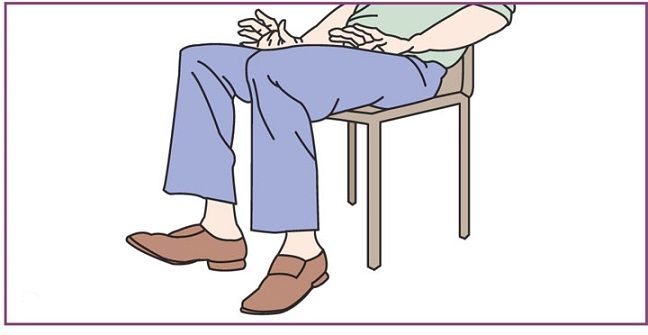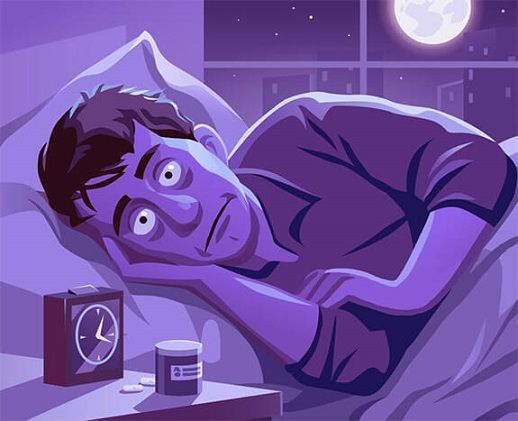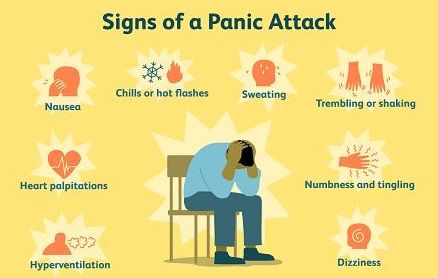Anxiety Alert!
Jul 30, 2019 • 136 views
Due to the pressure on people to perform well in life, stress has become rampant in the society. Excessive stress can lead to anxiety. Anxiety is a state of excessive fear and worrying and may be acute or chronic in nature. Anxiety disorders are highly common but greatly disregarded by society due to the stigma against psychological disorders.
There are five kinds of anxiety disorders:
1.General Anxiety Disorder – People with GAD are persistently and excessively worried about various aspects in life such as money, family, relationships, work, etc. They are constantly anticipating disaster.
2.Phobias – Phobias are characterised by excessive and irrational fears about something.
3.Obsessive Compulsive Disorder – A person may have an obsessive thought which leads to some sort of repetitive or compulsive behaviour. When this behaviour proves to be detrimental to daily way of life, it is characterised as OCD.
4.Post Traumatic Stress Disorder - PTSD is an anxiety disorder which develops due to exposure to any horrifying event or severe grief or loss. This may include a death of a loved one, natural and unnatural accidents and also military experiences.
5.Panic Disorders – This is characterised by unexpected and repeated episodes of intense fear followed by after effects such as cold sweat, chest pain, palpitations, breathing loss, etc.
Listed below are some symptoms of anxiety disorders:
1.Excessive worrying

Contemplating every move and worrying about every tiny detail or action in your life can start to hamper your performance and could be a sign of anxiety.
2.Restlessness

Always pacing the floor, constant fidgeting and repetitive nervous habits such as biting your nails, pulling your hair, tapping your feet, all the time indicates restlessness.
3.Fatigue

Excessive restlessness can cause the body to drain all its energy which leads to bouts of fatigue and lethargy.
4.Decrease in concentration

Anxiety often impedes proper brain functioning which leaves you with flitting thoughts. This results in lack of concentration on the task in hand.
5.Irritability

A person who is suffering from anxiety often gets irritated easily and is often found to be in a surly and vexed mood.
6.Insomnia

Excessive obsessive thoughts may lead to the inability to stay or fall asleep at night, thus disturbing the sleep schedule and resulting in the whole spectrum of lack of sleep side effects.
7.Panic Attacks

Panic attacks are characterised by cardiac palpitations, trembling, breathing loss, cold sweat, chest pain, dizziness, nausea and a sudden fear of dying. These attacks need not necessarily have a trigger and are exhausting and drain the person of all energy.
8.Avoidance Phenomena

People with anxiety try to avoid situation which give them anxiety and may go to extreme lengths to do so. For example, people with social anxiety may try their hardest to avoid any form of social functions.
Anxiety can be a severe problem in your daily functioning if professional help is not sought, especially if the symptoms are severe. Anxiety cannot be self-diagnosed; it needs to be brought to the attention of a professional. However, if you feel any of these symptoms persist for a long time, seek help. In fact, mental disorders are as real and severe as physical disorders and thus if you ever feel like your emotions are interfering with your life, there must be no shame in wanting to seek professional help.
